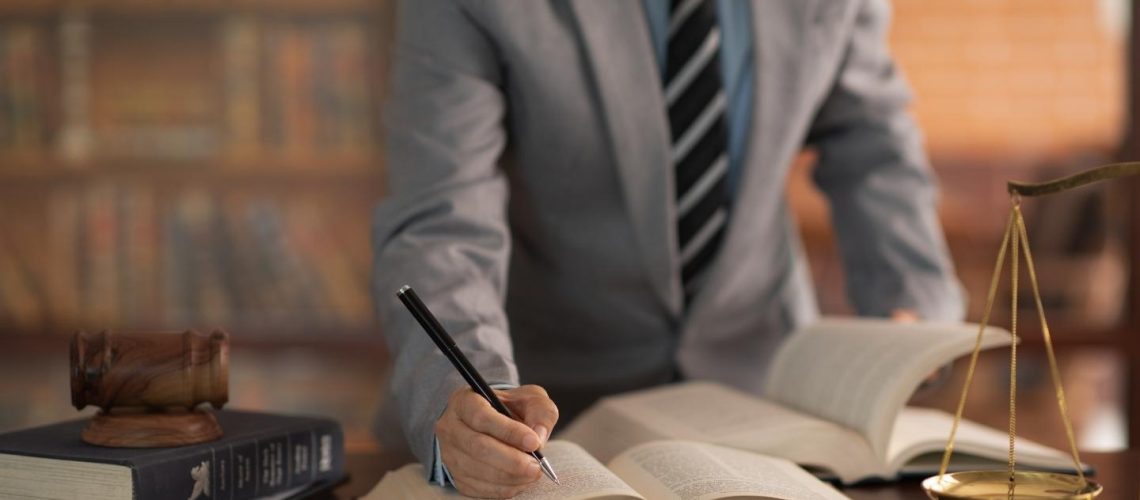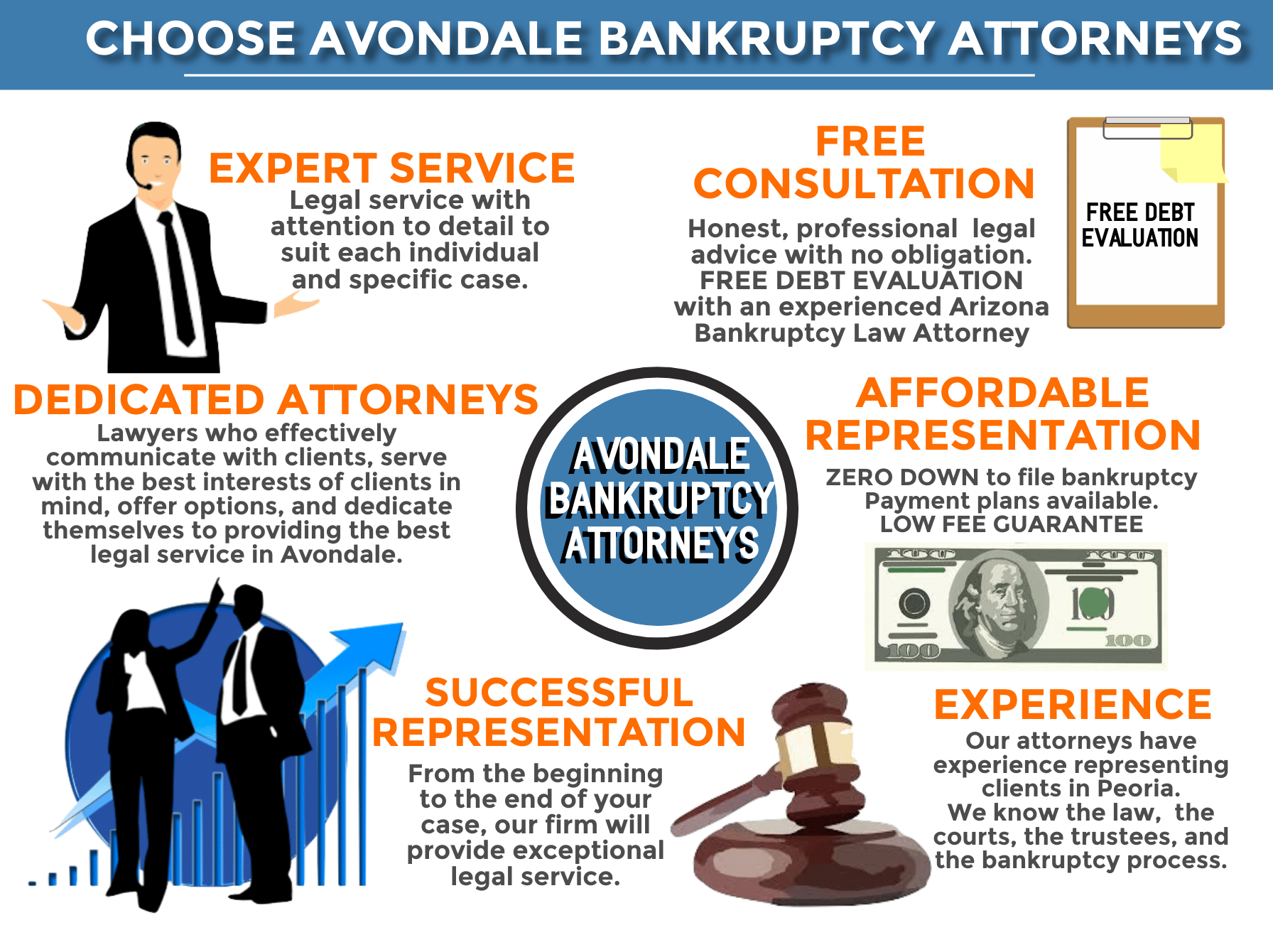Ethics of a Criminal Defense Lawyer
The criminal justice system is designed to ensure that people who are accused of committing crimes receive a fair trial and that their rights are protected. Criminal defense lawyers play an important role in the justice system by representing the accused and advocating for their rights. However, criminal defense lawyers also have ethical responsibilities that they must adhere to in order to maintain the integrity of the justice system. In this article, we will explore the ethics and responsibilities of criminal defense lawyers in the justice system.
Table of Contents
Toggle[lwptoc]
The Role of a Criminal Defense Lawyer
Criminal defense lawyers are responsible for defending individuals who are accused of committing crimes. Their role is to protect the rights of the accused and ensure that they receive a fair trial. This includes providing legal advice to the accused, investigating the case, negotiating plea deals, and representing the accused in court.
The Ethical Responsibilities of a Criminal Defense Lawyer
Criminal defense lawyers have a number of ethical responsibilities that they must adhere to in order to maintain the integrity of the justice system. These responsibilities include:
Duty of confidentiality: Criminal defense lawyers have a duty to maintain the confidentiality of their clients’ information. This means that they cannot disclose any information that they have obtained from their clients without their clients’ consent.
Duty to avoid conflicts of interest: Criminal defense lawyers have a duty to avoid conflicts of interest. This means that they cannot represent clients whose interests conflict with those of other clients.
Duty to represent clients zealously: Criminal defense lawyers have a duty to represent their clients zealously. This means that they must do everything within their power to represent their clients’ interests, including investigating the case thoroughly, negotiating plea deals, and representing their clients in court.
Duty to maintain competence: Criminal defense lawyers have a duty to maintain competence. This means that they must stay up-to-date with developments in the law and legal procedures in order to provide the best possible representation to their clients.
Duty to avoid making false statements: Criminal defense lawyers have a duty to avoid making false statements. This means that they cannot make statements to the court or to other parties that they know to be false.
Duty to avoid misleading the court: Criminal defense lawyers have a duty to avoid misleading the court. This means that they cannot make statements or arguments that they know to be false or that are intended to mislead the court.
Duty to maintain client confidences: Criminal defense lawyers have a duty to maintain client confidences, which includes ensuring that any information that they obtain during the course of their representation of a client is kept confidential.
Duty to disclose evidence: Criminal defense lawyers have a duty to disclose any evidence that is favorable to their clients. This includes evidence that may exculpate their clients or that may be used to impeach the credibility of prosecution witnesses.
How Ethics and Responsibilities Affect the Practice of Criminal Defense Law
The ethical responsibilities of criminal defense lawyers have a significant impact on the practice of criminal defense law. These responsibilities affect the way that criminal defense lawyers interact with their clients, the courts, and other parties involved in the justice system.
One of the most important ethical responsibilities of criminal defense lawyers is the duty of confidentiality. This duty requires criminal defense lawyers to keep their clients’ information confidential, even if that information could potentially help their case. This duty ensures that clients can trust their lawyers and speak freely with them, which is essential to effective representation.
Another important ethical responsibility of criminal defense lawyers is the duty to represent clients zealously. This duty requires criminal defense lawyers to do everything within their power to represent their clients’ interests, even if that means pursuing strategies that may be unpopular or that other parties may disagree with. This duty ensures that clients receive the best possible representation and are not left feeling as though their lawyers did not do everything they could to help them.
The duty to avoid conflicts of interest is also essential to the practice of criminal defense law. This duty ensures that criminal defense lawyers do not represent clients whose interests conflict with those of other clients or parties involved in the case. This helps to maintain the integrity of the justice system and ensures that all parties receive fair and impartial representation.
The duty to avoid making false statements or misleading the court is another important ethical responsibility of criminal defense lawyers. This duty ensures that the justice system operates fairly and that all parties are held to a high standard of truthfulness and honesty.
The duty to maintain competence is also essential to the practice of criminal defense law. Criminal defense lawyers must stay up-to-date with developments in the law and legal procedures in order to provide the best possible representation to their clients. This duty ensures that clients receive competent and effective representation and that the justice system operates fairly and impartially.
Conclusion
The ethics and responsibilities of criminal defense lawyers are essential to the fair and effective operation of the justice system. Criminal defense lawyers play an important role in ensuring that the accused receive a fair trial and that their rights are protected. However, they also have ethical responsibilities that they must adhere to in order to maintain the integrity of the justice system. These responsibilities ensure that criminal defense lawyers provide competent, effective, and impartial representation to their clients, and that the justice system operates fairly and impartially.

Christa Rose Avampato is a versatile author known for her captivating narratives and thought-provoking insights. With a passion for diverse genres, she weaves rich experiences into her writing, creating vivid characters and compelling storylines.



